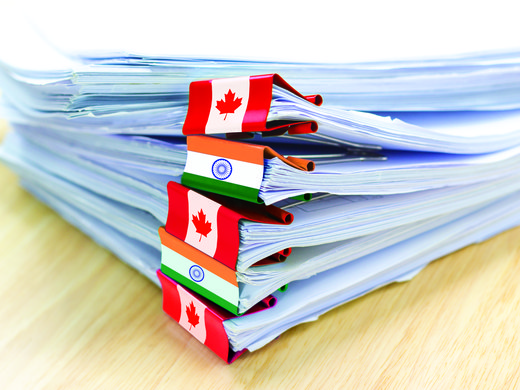Over the last 10 years, Brazil has expanded its own domestic development strategies to include offering assistance to other countries and their national efforts. Former President Lula da Silva has suggested that the country’s experience solving problems in unfavourable conditions make it a good partner for other developing countries. Approaching its external development assistance from the perspective of a recipient, Brazil endorses an egalitarian “solidarity diplomacy” that puts the focus on holistic development in its partners — with sustainable growth as the ultimate goal. Technical cooperation projects are particularly representative of this vision, and have included projects that aim to disseminate Brazil’s biofuels expertise, and others that promote collaborative research and exchange.
This policy brief considers Brazil’s emergence as an environmental donor, describes the Brazilian government’s environmental assistance plans and projects, and considers the progress to date. Although there is, at this point, more potential than fully realized results, the value of Brazilian development assistance has risen quickly, and indications suggest that Brazil is well positioned to play an increasingly significant role in contributing to global common goods.
Key Points
- The international community should continue to revisit the environmental and social sustainability of biofuels.
- Brazil should move on from defending sugar cane to using its considerable agricultural innovation capacity to develop the next generation of biofuels.
- Industrialized countries, including Canada, can take advantage of Brazil’s willingness to engage in trilateral cooperation agreements like those with the United States that are described in this brief.


